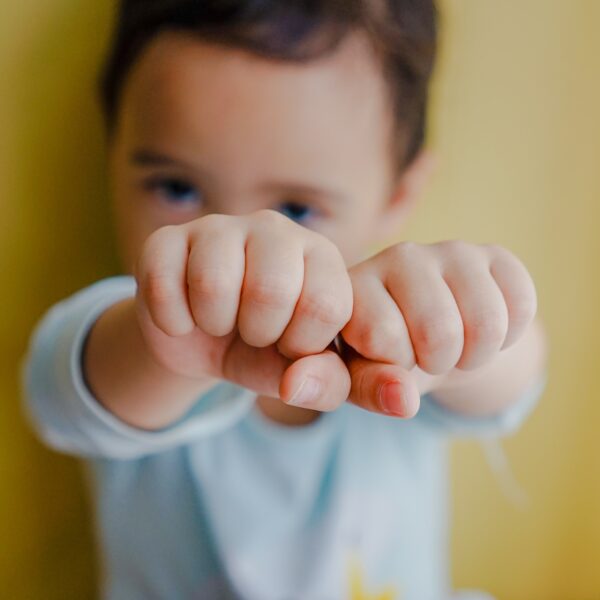Pandemic babies at two need more help with communication, researchers find

A new study has examined the development of ‘pandemic babies’ at two years of age, finding that while they are mostly no different from two-year olds in the pre-pandemic years, there is a small cohort of those born during the first months of COVID-19 who need additional support with communication skills.
Published in the Archives of Disease in Childhood, the research builds on findings from a study last year on ‘pandemic babies’ at 12 months of age. The new study looks at communication and other developmental milestones in two-year olds who were born in the first months of the COVID-19 and lived through lockdown as babies, and compared them with results for two-year olds who were born before the pandemic began.
“Lockdown presented babies with a very different environment, where they were less likely to interact with people outside of the immediate family group,” explained co-author Dr Susan Byrne.
In previous studies with the same cohort at a younger age, Dr Byrne and her colleagues showed that pandemic-born babies in Ireland had slightly reduced social communication skills relative to their counterparts who had not experienced lockdown as babies.
“We can’t say exactly why that was but we did show that these babies had very small social circles,” she continued.
“In the first year of life a quarter of the pandemic-born babies in the group did not meet another child of their own age. For this new study, we followed up with the same group of pandemic-born babies when they had just turned two.”
Parents filled out standard questionnaires and checklists about their child’s development and milestones. The researchers then compared the results with answers recorded in a previous study,which tracked the development of babies born in Ireland before COVID-19.
Their findings showed that by the age of two, parents of both pandemic and pre-pandemic babies reported similar results in areas such as movement, personal and social interactions and solving problems.
A small but measurable difference in answers about communication between the two groups remained, however, with a larger proportion of pandemic-born babies scoring below standardised cut-offs for developmental concern in the communication domain (11.9 per cent) when compared with babies who had been born before the pandemic (5.4 per cent).
These findings are the first to report this mild communication deficit in pandemic-born babies in Ireland, according to fellow author Professor Johnathan Hourihane, who noted the need for continued monitoring and support, particularly as the children approach school-going age.
“Our findings highlight the need to continue national developmental screening programmes for all children, and provide the appropriate resources for early intervention services,” he added.
Popular

Workforce
Quality
Research
When did it start to go wrong?
2025-12-18 08:00:46
by Fiona Alston

Economics
Policy
Quality
Provider
Research
Is your service ready? Key updates to Queensland kindergarten funding in 2026
2025-12-17 07:00:15
by Fiona Alston

Quality
Workforce
Practice
Research
Let’s not lose the word 'Children'
2025-12-18 07:45:13
by Fiona Alston















